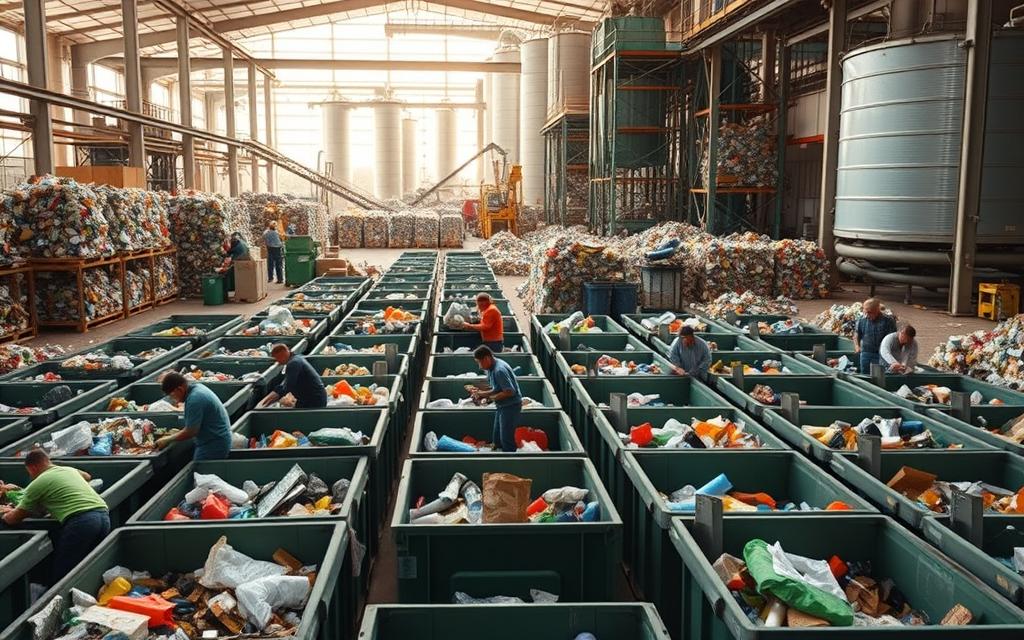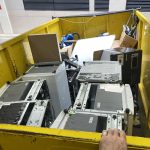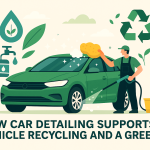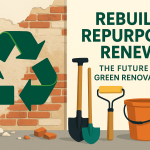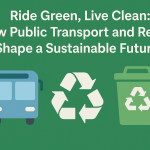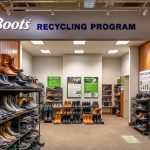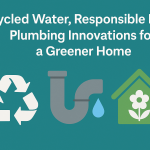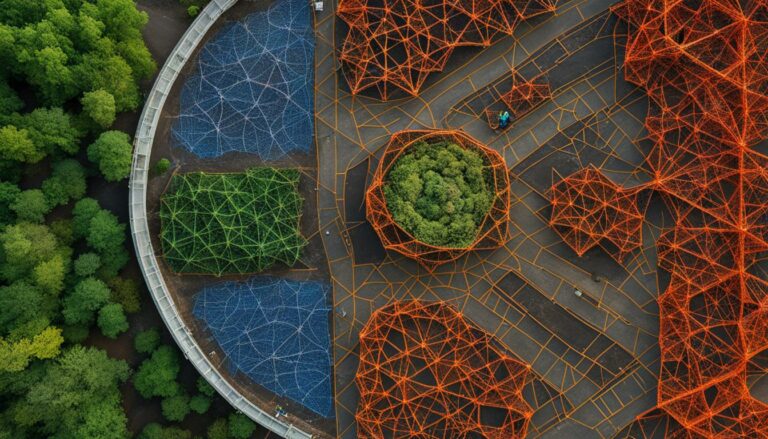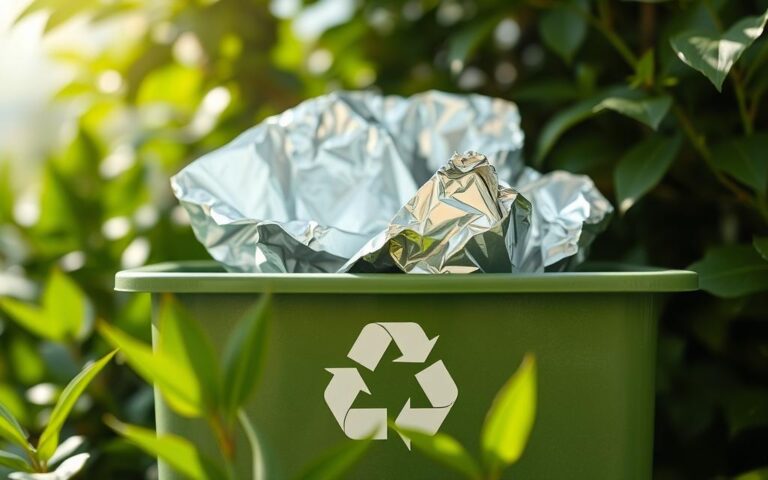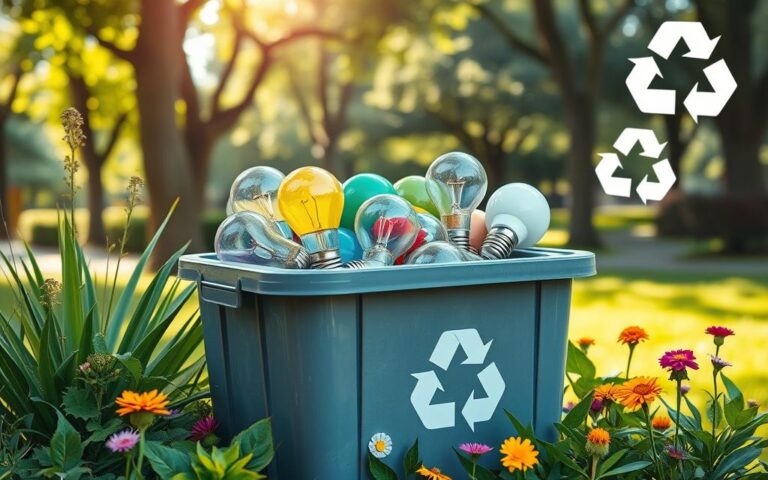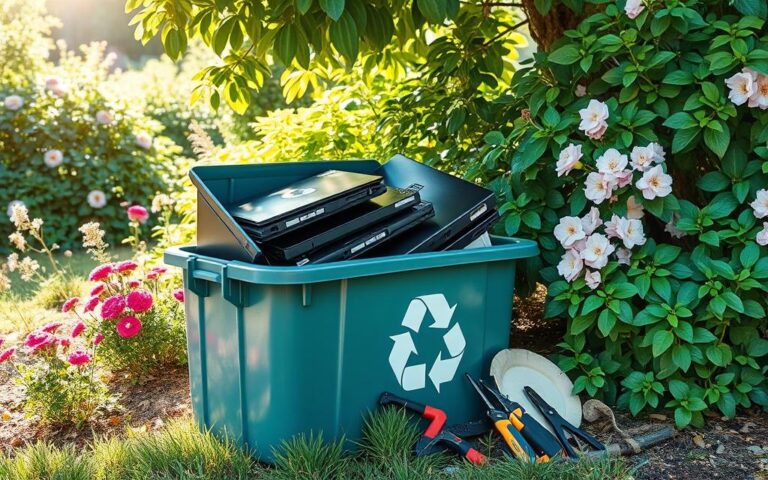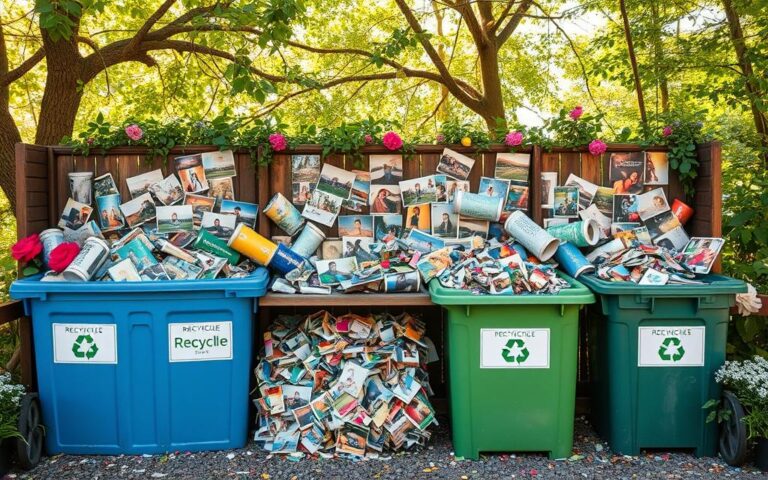Top 10 Recycling Centers and What They Accept
As the world shifts towards more sustainable practices, recycling has become an essential part of daily life. In the United States, numerous facilities are dedicated to processing various materials. Understanding what these facilities accept is crucial for effective waste management.
The following list highlights the top facilities and the materials they process, providing valuable insights into the diverse range of items that can be recycled. Key takeaways include the variety of materials accepted and the importance of proper sorting.
By exploring the top 10 facilities, individuals can better understand their local recycling options and contribute to a more environmentally friendly community.
The Importance of Recycling and Proper Waste Management
Effective waste management through recycling is essential for reducing our ecological footprint. Recycling not only conserves natural resources but also significantly reduces the environmental impacts associated with extracting, processing, and transporting raw materials. By adopting recycling practices, communities can mitigate some of the most pressing environmental issues.
Environmental Benefits of Recycling
Recycling offers numerous environmental benefits, including the conservation of natural resources, reduction in greenhouse gas emissions, and minimization of landfill waste. For instance, recycling aluminum cans uses 95% less energy than producing new aluminum from raw materials. Additionally, recycling helps in reducing pollution by decreasing the need for extracting and processing raw materials.
Key environmental benefits include:
- Conservation of natural resources
- Reduction in greenhouse gas emissions
- Minimization of landfill waste
Economic Impact of Recycling Programs
Recycling programs also have a significant economic impact. They create jobs, stimulate economic growth, and save communities money on waste disposal. For example, the recycling industry generates substantial revenue and provides employment opportunities in the collection, processing, and manufacturing of recyclable materials. Moreover, recycling can reduce the costs associated with landfilling and incinerating waste.
The economic benefits of recycling are multifaceted: job creation, cost savings on waste disposal, and stimulation of local economies through the recycling industry.
Understanding Recycling Centers
Understanding the intricacies of recycling centers is essential for effective waste disposal and environmental sustainability. Recycling centers are vital components of modern waste management systems, playing a critical role in reducing the environmental impact of human activities.
What Are Recycling Centers?
Recycling centers are specialized facilities designed to process and recycle various types of waste materials. These centers are equipped with the necessary technology and equipment to sort, clean, and transform waste into raw materials that can be used to manufacture new products. The primary goal of recycling centers is to divert waste from landfills, conserve natural resources, and reduce the environmental footprint associated with extracting, processing, and transporting raw materials.
How Recycling Centers Operate
The operation of recycling centers involves several key steps. First, materials are collected from households, businesses, and community recycling programs. These materials are then sorted based on their type and condition. Advanced sorting technologies, including mechanical and optical sorters, are often used to streamline this process. Once sorted, materials are processed into raw materials, which are then sold to manufacturers to produce new products. The efficiency and effectiveness of recycling centers depend on a combination of factors, including the technology used, the quality of the materials collected, and the market demand for recyclable materials.
Types of Recycling Facilities
There are several types of recycling facilities, each specializing in different types of materials. These include:
- Single-stream recycling facilities, which accept a wide range of materials mixed together.
- Multi-stream recycling facilities, which require materials to be sorted before being accepted.
- Specialized recycling facilities, which focus on specific materials such as electronics, hazardous waste, or construction debris.
Each type of facility has its own set of processes and technologies tailored to the materials it handles, ensuring that a broad range of waste materials can be effectively recycled.
Common Materials Accepted at Recycling Centers
Understanding what materials recycling centers accept is essential for effective waste management. Recycling centers serve as a crucial link in the recycling process, allowing communities to reduce their waste output significantly.
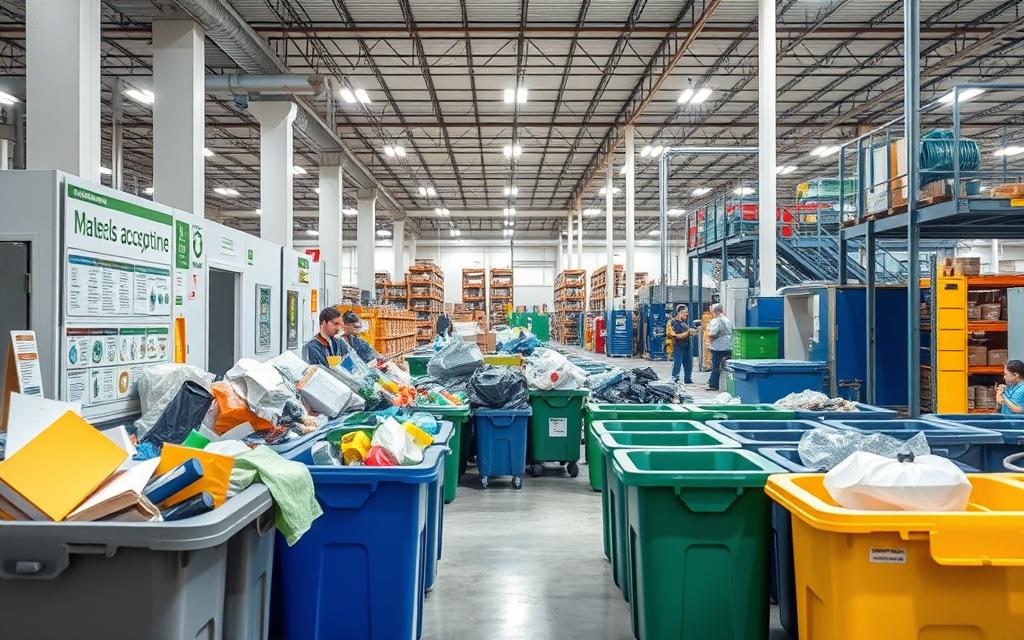
Paper and Cardboard Products
Most recycling centers accept various paper and cardboard products, including newspapers, cardboard boxes, and mixed paper. These items are sorted and processed into raw materials that can be used to manufacture new products, reducing the need for virgin materials.
Plastic Materials and Their Categories
Plastic materials are categorized based on their resin identification code. Commonly accepted plastics include PET (Type 1), HDPE (Type 2), and sometimes PVC (Type 3) and LDPE (Type 4). Understanding these categories helps in proper sorting and processing.
Metal Items and Electronics
Recycling centers often accept metal items like aluminum cans, steel cans, and scrap metal. Additionally, many centers have designated areas for electronic waste, including old computers, phones, and televisions, which contain valuable materials that can be recovered.
Glass and Hazardous Materials
Glass is another material commonly accepted at recycling centers. It’s collected, sorted by color, and then processed into cullet, which is used to make new glass products. Some centers also accept hazardous materials like batteries, fluorescent bulbs, and chemicals, which require special handling to prevent environmental harm. For more information on finding local recycling centers, you can visit this resource.
Specialized Recycling Services
Beyond standard recycling, many centers provide specialized services for hazardous and bulky waste. These services are crucial for managing waste that cannot be processed through regular recycling channels.
Household Hazardous Waste Disposal
Household hazardous waste disposal is a critical service offered by many recycling centers. This includes the collection and processing of items such as batteries, electronics, and chemicals. Proper disposal of these items is essential to prevent environmental contamination. As Jane Smith, a recycling expert, notes, “Household hazardous waste disposal programs are vital for protecting our environment and public health.”
Construction and Demolition Waste Recycling
Construction and demolition waste recycling is another specialized service that helps reduce the environmental impact of construction activities. Materials such as concrete, wood, and metal are collected and processed for reuse. This not only conserves natural resources but also reduces landfill waste. According to
“The Environmental Protection Agency (EPA), construction and demolition waste recycling can significantly reduce the amount of waste sent to landfills.”
How to Prepare Materials for Recycling
Effective recycling starts with properly preparing the materials you intend to recycle. This not only ensures that materials are processed correctly but also helps in reducing contamination in the recycling stream.
Cleaning and Sorting Requirements
Recyclables should be cleaned and sorted according to the guidelines provided by your local recycling center. This typically involves rinsing food and liquid residue from containers and removing lids and labels.
Here’s a simple table to guide you on basic cleaning and sorting requirements:
| Material | Cleaning Required | Sorting Instructions |
|---|---|---|
| Plastic Bottles | Rinse thoroughly | Remove lids and labels |
| Glass Jars | Clean out residue | Remove lids; sort by color if required |
| Cardboard | Flatten boxes | Keep dry and separate from other materials |
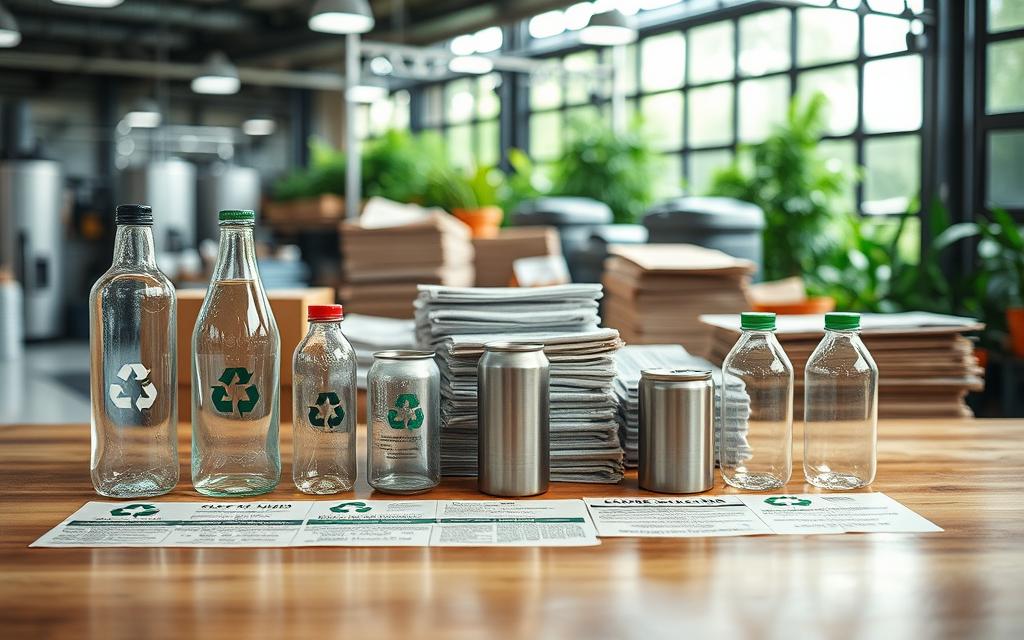
Common Mistakes to Avoid
One of the most common mistakes is not properly cleaning recyclables, leading to contamination. Another is including non-recyclable materials in the recycling bin. Always check your local recycling guidelines to ensure you’re preparing materials correctly.
Tips to avoid common mistakes:
- Always check the recycling symbol on packaging to ensure it’s accepted by your local recycling center.
- Remove any non-recyclable parts from items before recycling them.
- Participate in community recycling programs that provide clear guidelines on what can be recycled.
Finding Recycling Centers Near You
Recycling centers are essential for proper waste disposal, and finding one near you is easier than ever. With numerous recycling facilities available, it’s crucial to identify the one that suits your needs.
Online Resources and Locator Tools
Utilizing online resources is an efficient way to locate recycling centers. Websites and apps dedicated to waste management provide locator tools that help you find the nearest facility. For instance, visiting recyclemyelectronics.ca can guide you to electronic waste recycling centers. These platforms often provide additional information on the types of materials accepted and operational hours.
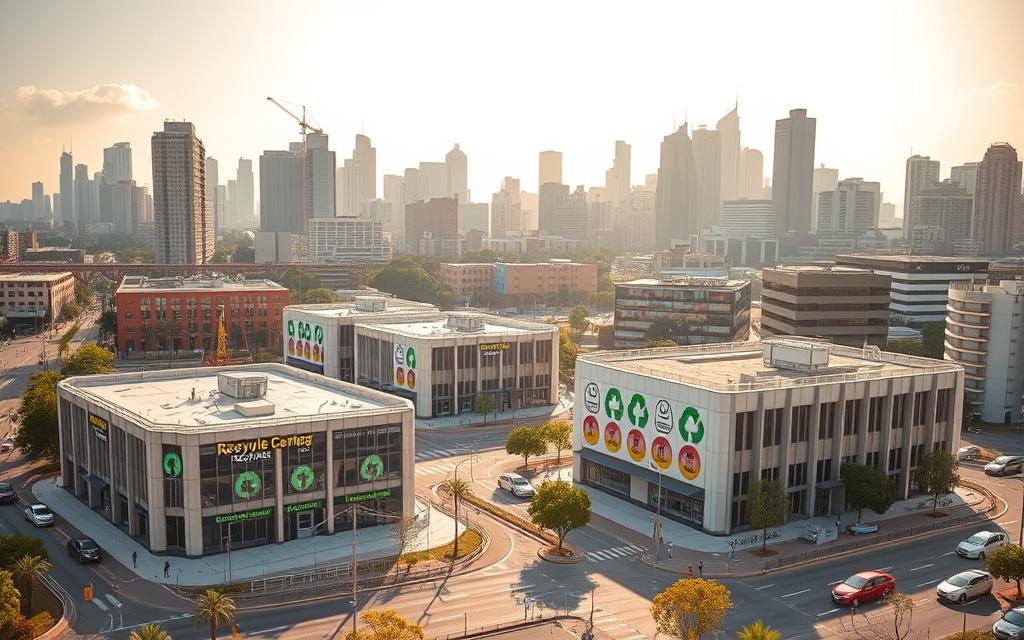
Questions to Ask Before Visiting
Before visiting a recycling center, it’s advisable to ask a few questions to ensure a smooth experience. Inquire about the types of materials accepted, any preparation required for the materials, and the center’s operating hours. Understanding their procedures will help you make the most of your visit and contribute to sustainable practices in your community.
Residential vs. Commercial Recycling Options
Understanding the differences between residential and commercial recycling is crucial for effective waste management. Residential recycling programs are designed for households, typically collecting paper, plastic, glass, and metal. In contrast, commercial recycling caters to businesses, handling larger volumes and a wider variety of materials.
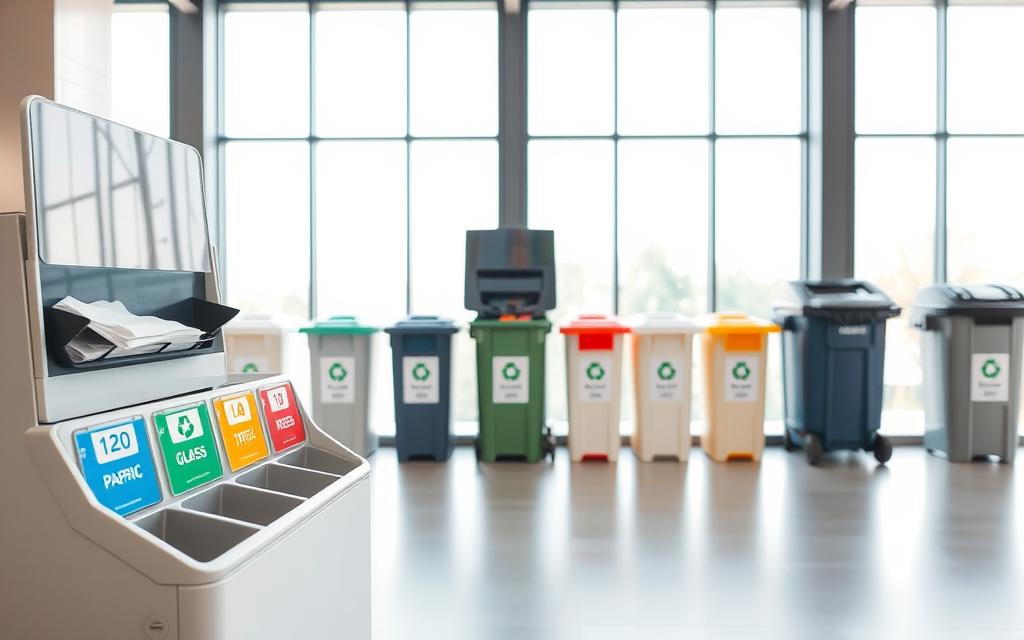
Commercial entities often have different recycling needs due to the scale and type of waste they generate. While residential programs are generally standardized, commercial recycling can be more complex, requiring specialized services.
Limitations for Business Use
Residential recycling programs often have limitations when it comes to business use. These programs may not be equipped to handle the volume or specific types of waste generated by commercial activities. Businesses may need to seek out specialized recycling services to manage their waste effectively.
Alternative Solutions for Commercial Entities
Commercial entities can explore alternative recycling solutions tailored to their needs. This may include private waste management companies that offer customized recycling programs. Additionally, some recycling centers provide special services for businesses, such as bulk collection and specialized material handling. “Partnering with the right recycling service can significantly reduce a business’s environmental footprint,” says an industry expert.
Conclusion: Making the Most of Your Local Recycling Resources
As we’ve explored, recycling centers are vital for managing waste and promoting eco-friendly practices in our communities. Effective recycling starts with understanding what materials are accepted and how to prepare them. By utilizing local recycling resources, individuals can significantly contribute to environmental conservation. It’s essential to make informed choices about waste disposal and take advantage of the services provided by recycling centers. By doing so, we can work together towards a more sustainable future.
FAQ
What materials are typically accepted at recycling centers?
Most recycling centers accept paper and cardboard products, plastic materials, metal items, electronics, and glass. However, the specific materials accepted can vary depending on the center and its capabilities.
How do I prepare my materials for recycling?
To prepare materials for recycling, ensure they are clean and sorted according to the recycling center’s guidelines. Remove any contaminants, such as food or liquid residue, and sort materials into the correct categories.
Can I take household hazardous waste to a recycling center?
Some recycling centers accept household hazardous waste, such as batteries, electronics, and chemicals. However, it’s essential to call ahead and confirm that the center accepts these materials and to ask about any specific preparation or handling requirements.
Are there any specialized recycling services available for businesses?
Yes, many recycling centers offer specialized services for commercial entities, including construction and demolition waste recycling. These services can help businesses manage their waste and recycling needs.
How can I find a recycling center near me?
You can find a recycling center near you by using online resources and locator tools, such as the website of your local waste management agency or a national recycling directory.
What are the benefits of using a recycling center?
Using a recycling center helps to conserve natural resources, reduce landfill waste, and decrease the environmental impacts associated with extracting and processing raw materials.
Can I recycle cardboard at a recycling center?
Yes, most recycling centers accept cardboard, including boxes and other cardboard products. Some centers may have specific drop-off locations or requirements for cardboard recycling.

